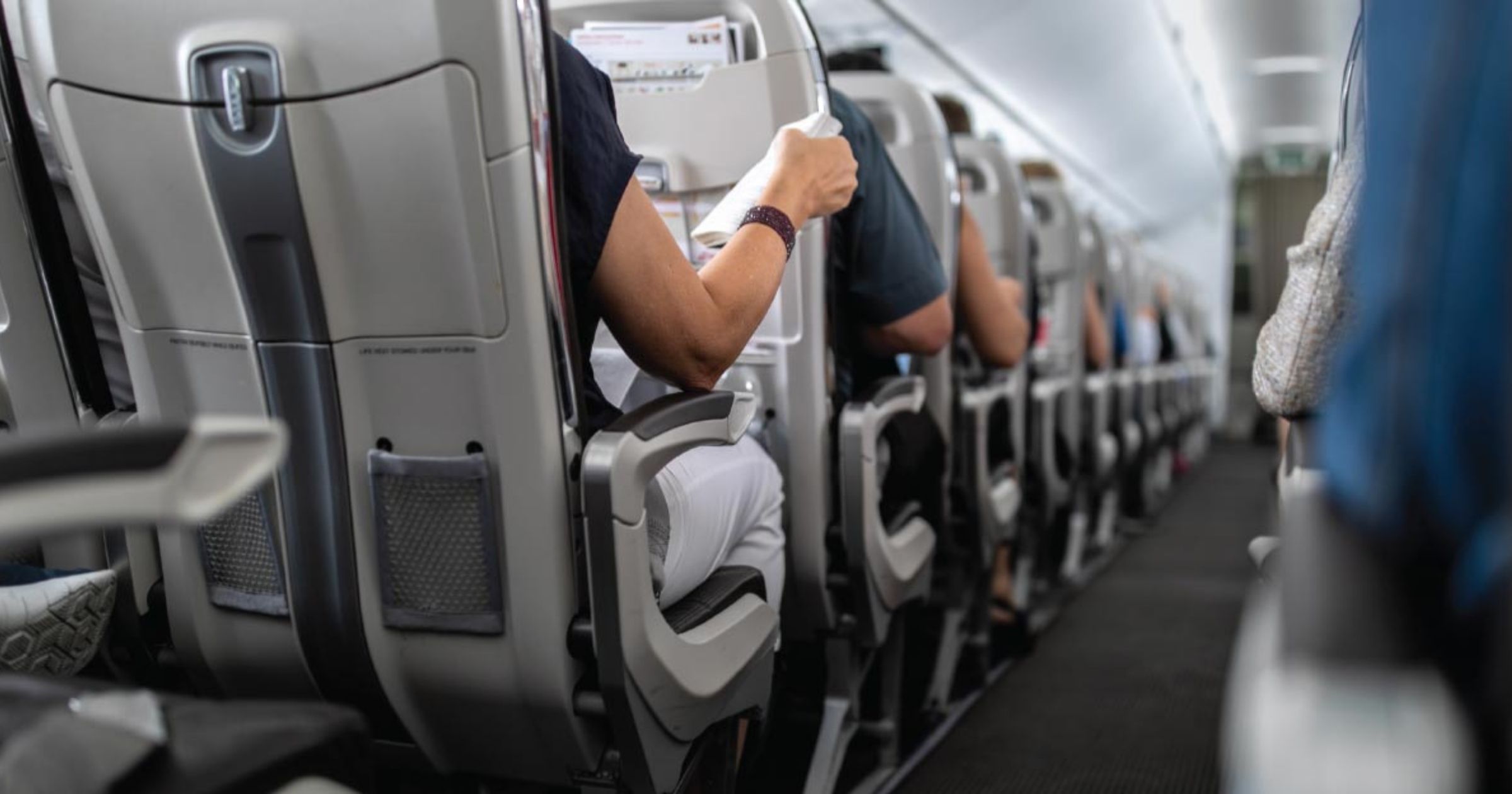
Easing Flying Fears and Anxiety
Since the beginning of 2025, it hasn't been uncommon to hear travelers broaching the discussion of aviation safety, as an apparent increase of close calls and unfortunate collisions and fatal accidents have been making headlines.
As of this article's writing, the National Transportation Safety Board has documented 19 U.S. aviation incidents in which at least 106 people have died. And while statistically flying is still considered one of the safest modes of transportation, it's not surprising if travelers come to tour operators and advisors looking for reassurance, especially as approximately 400 Federal Aviation Administration employees had their jobs eliminated in February.
According to Jeff Ment, Managing Partner of Ment Law Group, while there's heightened media attention on aviation incidents, this doesn't reflect a significant decrease in travel demand or safety.
"The topic is really captured in the media right now, because it's front and center after the terrible Washington, DC disaster," Ment said, noting that planes rarely have fatal incidents. "I think if we take a step back and just look at aviation over the past year or two or five, not one single person could find and point to a safer mode of transport."
Ment, who has decades of experience in counseling travel companies, from operators to vendors and trade associations, explained that he's thankfully not seeing a lot of travel companies having issues with people hesitating to travel via commercial airlines.
"There are people who have a fear of flying, but they had that fear before, and they still have it now," Ment shared, noting those folks might do better to seek out alternative modes of transport on their own such as trains and motorcoaches. "Group travel planners have to grin and bear it and just understand that there are a few people who are more easily arousable when it comes to the susceptibility of the possibility of being on an airplane that has an incident."
The best thing group travel planners can do if one of their travelers expresses concern? Offer calm reassurance.
"At any given point there are thousands of planes in the air at the same time," Ment said. "I think you say to people, 'Listen, you've been flying your whole life. Have you ever had a problem? No. Well, statistically, you will never have a problem.'"
Ment recommended group travel planners stand firm in their original plans should one of their travelers have a change of heart out of fear about their transportation.
"I wouldn't adjust anything. I would simply advise that they do their own research," he said. "There's nothing safer you could do [travel-wise] than get on this airplane. So I wouldn't rush and come up with alternative plans or talk about refunds or do anything like that. I truly think you can talk people through this."
While it's absolutely understandable for travelers to have a heightened awareness of these aviation crashes and incidents—and we should absolutely extend empathy to those who are concerned—there are some reassuring facts you can share to hopefully ease any anxiety:
- Multiple sources report that the average risk of an American being in a plane crash is about 1 in 11 million.
- The Eno Center for Transportation describes the U.S. Air Traffic Control system as one of the most sophisticated ATC systems in the world.
- The FAA requires both pilots and flight attendants to undergo regular training and simulations to prepare for emergencies.
- According to the National Weather Service, you're more likely to be struck by lightning than be in a plane crash.
Written by Sarah Suydam, Managing Editor for Groups Today.
This article originally appeared in the May/Jun '25 issue of Groups Today.
Want articles like this one sent directly to your inbox? Subscribe to our weekly eNews here.


